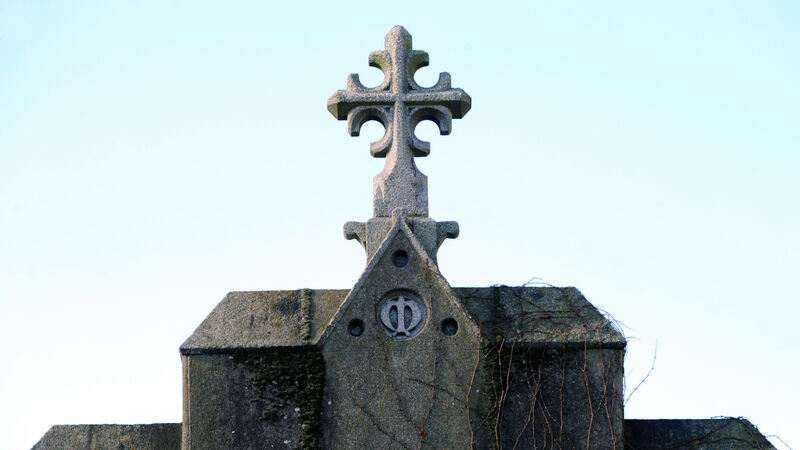'All mother and baby home survivors should be included in payments,' campaigners say

The site of the former Magdalene Laundry on Stanhope Street in Dublin. Picture: Laura Hutton/RollingNews.ie
All survivors of mother and baby homes should receive a flat common experience payment but should also be able to apply for an assessed injuries payment of up to €300,000, campaigners say.
Children's Minister Roderic O'Gorman had invited the public to give their views on a proposed redress scheme, and submissions were received from more than 250 individuals and groups.










